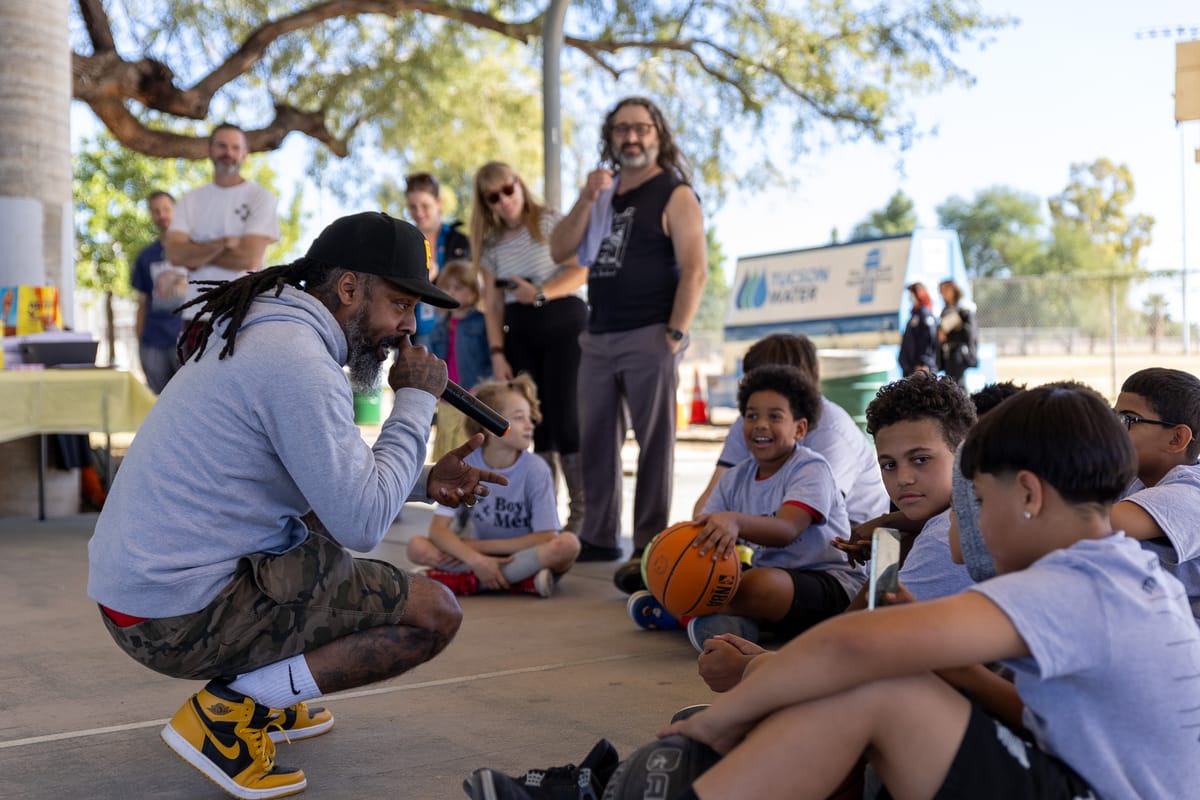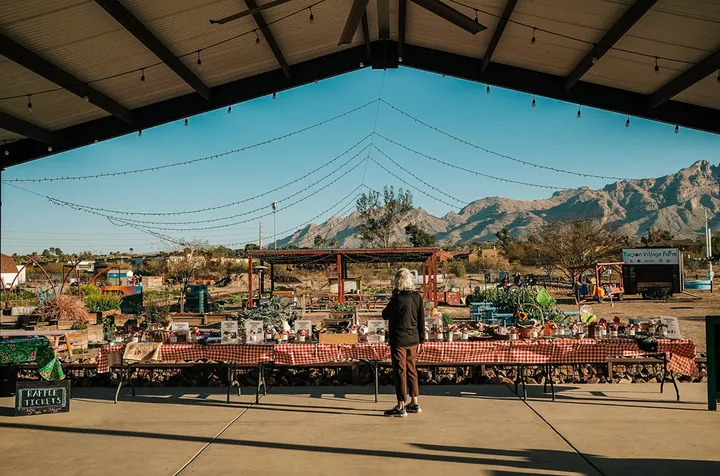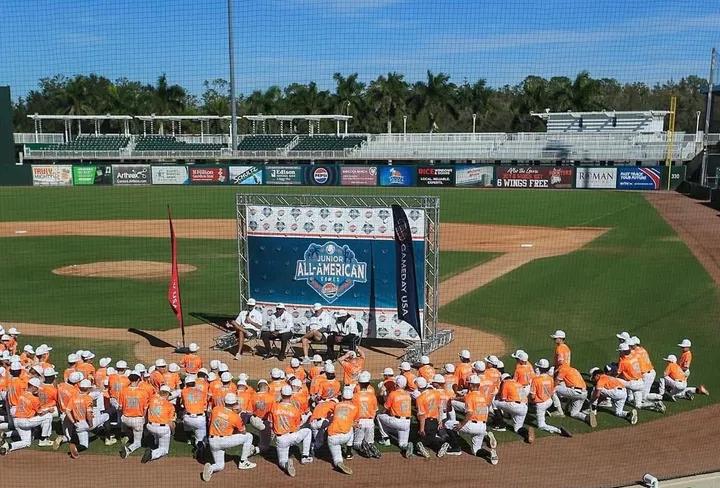Boys to Men Tucson champions mental health through mentorship
A Tucson nonprofit mentors boys and masculine-identified youth by building honest relationships and addressing behavioral and mental health challenges through restorative community support.

In schools and community spaces across Tucson, a small nonprofit is redefining mentorship for boys and masculine-identified youth facing violence, mental health challenges and outdated masculine expectations.
More than just support, Boys to Men Tucson creates safe spaces where young people, especially those from marginalized backgrounds,can explore healthy expressions of manhood and build stronger emotional connections.
Through restorative group mentorship, community events, weekend trips and wilderness adventure outings, the nonprofit strives to address systemic inequities, bolster mental health support and reduce violence at the root.
“We’re a very small organization making a very little dent in trying to create connections and relationships that are nourishing and supportive so these youth may see grown men who are showing ways to live without being violent,” said Fund Development Manager Mark McKenna, who previously served as a Boys to Men mentor.
McKenna, a fifth-generation Tucsonan with years of youth mentoring experience, strives to embody the kind of healthy masculinity he longed to see growing up.
“There was never a time in my life as a young man when I ever got to see adult men model honesty or curiosity,” McKenna said.
Boys to Men sends trained youth mentors into middle schools, high schools and recreational centers across the city, mainly within Tucson Unified School District, Sunnyside Unified School District and Amphitheater Public Schools. The program prioritizes people of color and other underrepresented, marginalized and economically disadvantaged young people.
The organization began in 2013 as the Desert Men’s Council, a group of Tucson men coming together to address the challenges of raising boys without positive male role models at home. What began as a grassroots neighborhood group has grown into the thriving nonprofit Boys to Men is today.
In 2024, the group supported nearly 500 local youths and trained 28 new mentors.
“We’re never trying to fix anybody,” McKenna said. “We understand that we all navigate struggles and challenges and we’re all on different stages of that journey. When youth show up to us, we honor them as whole people in that moment.”
Although restorative group sessions are guided by facilitators and school-based partners to ensure a safe environment, the mentors themselves do not provide psychiatric advice. Many of the mentors come from the same communities as the youth and draw on their own experiences with similar challenges.
“They will model things like vulnerability,” McKenna said. “They will model their own honesty. They will speak from their own experiences in a way where the youth can see an authentic expression of masculinity…so the youth may feel like they can relate and feel permission to express and emote in ways that maybe we don’t traditionally see men do in most spaces.”
Youth who participate in the program are typically referred by school counselors, social workers or behavioral health specialists. However, attendees are never forced to stay. The program believes in the importance of giving youth a sense of empowerment and agency over their life.
“I think one of the most stressful things for a young person is just being dragged and forced around and told everything about their lives when nobody is giving them a platform to access their inner wisdom,” McKenna said.
As technology advances and becomes more accessible at younger ages, kids and teens are being overwhelmed with media, McKenna said, pointing to longer screen times, shorter attention spans and constant messaging from politicians, social media personalities and streamers, all of which can contribute to mental health challenges.
“I can’t imagine being a young person navigating the world today, it would seem very overwhelming and difficult being bombarded with so much messaging,” McKenna said. “We need to see examples of healthy behavior to know how to behave as we shape and experiment with identity.”
And with the program’s participation consistently growing, the group is always looking to bring on new mentors. It’s currently recruiting community members to participate in a mentor training Saturday, July 19 from 10 a.m.to 3 p.m. The training will provide attendees with essential tools and practices for supporting youth.
The time commitment for mentorship circles is about two hours a week, with the sessions covering topics including conflict at home, grief, drug use and overdose, suicide, loneliness, gun violence, and anger management. These circles focus on fostering presence and practicing both self-regulation and co-regulation.
“There are conversations around poverty, there are conversations around systemic racism, there are conversations around the criminal justice system,” McKenna said. “There are so many things that go hand-in-hand with gun violence.”
Ruby Wray is a journalism and creative writing major at the University of Arizona and Tucson Spotlight intern. Contact her at rubywray@arizona.edu.
Tucson Spotlight is a community-based newsroom that provides paid opportunities for students and rising journalists in Southern Arizona. Please consider supporting our work with a tax-deductible donation.



